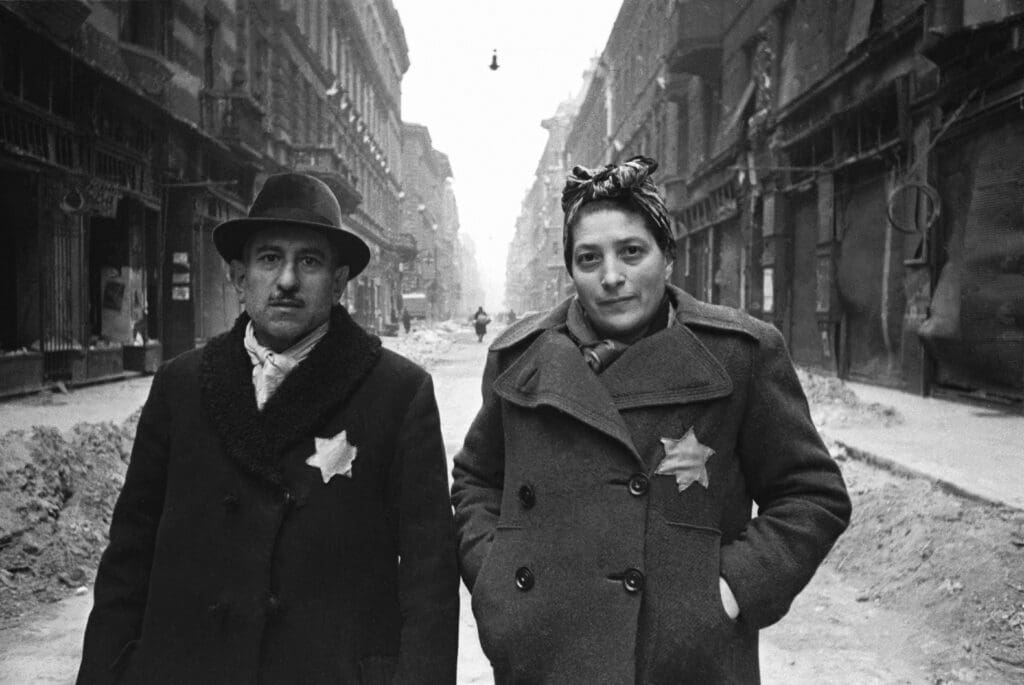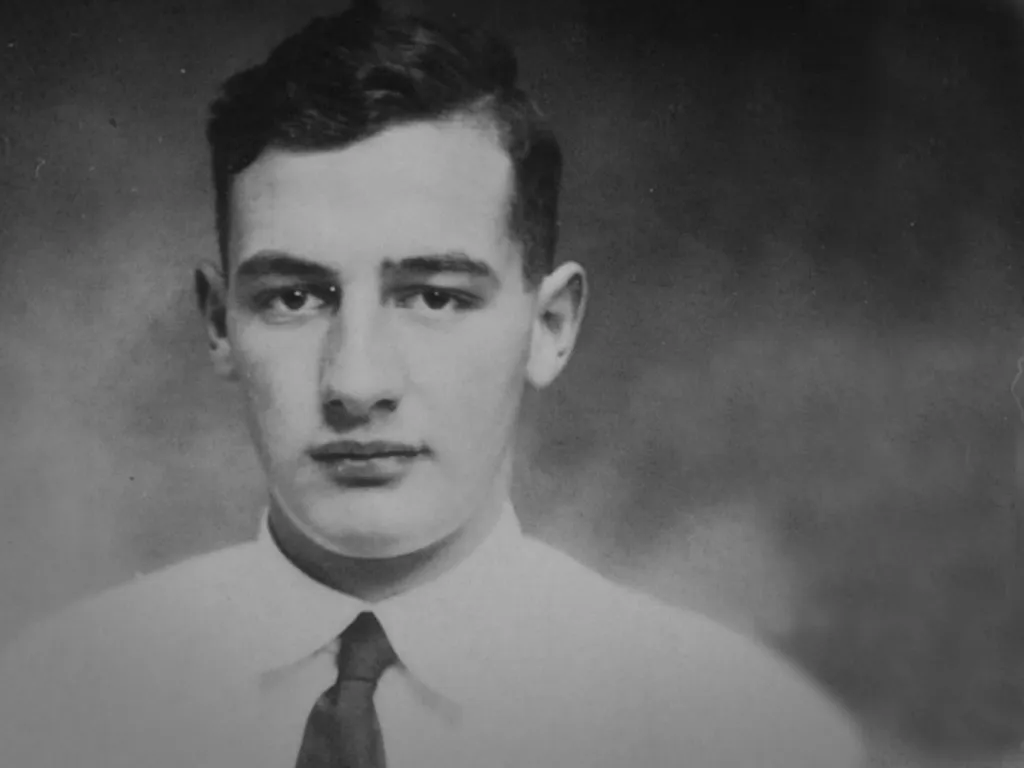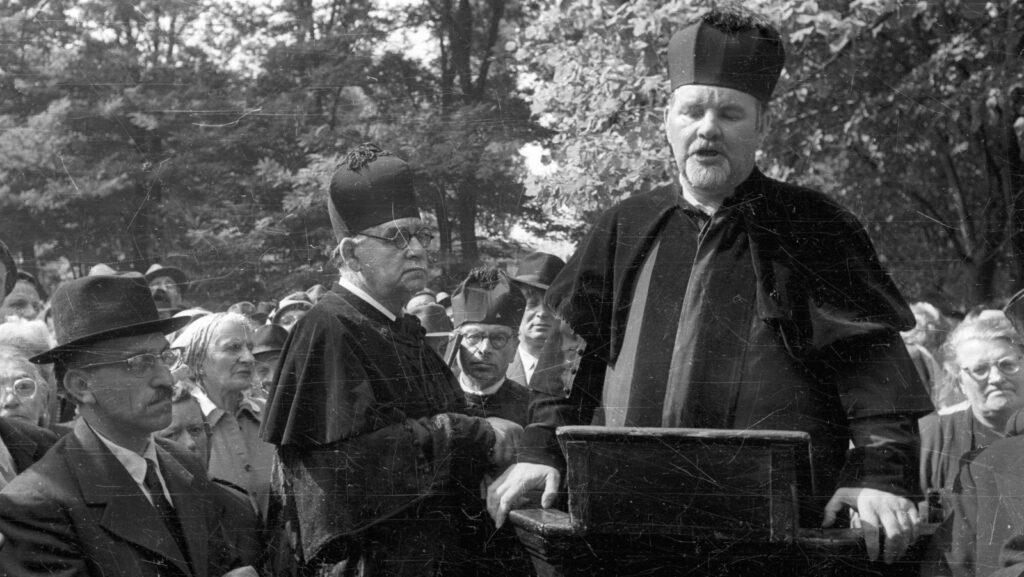5 October is internationally recognised as Raoul Wallenberg Day. The date was selected to mark the day when Raoul Wallenberg was awarded honorary US Citizenship in 1981. At the time of this decision, the only other person who had been granted the same honour was British Prime Minister Winston Churchill. The US Congressman initiating the bill was Hungarian-born Tom Lantos, who had been saved from perishing in the Holocaust as a teenager by the Swedish diplomat. 5 October was first declared a Raoul Wallenberg Memorial Day in 1989 by US President George Bush. Since then, many other countries have joined in marking 5 October as a day of remembrance, including Hungary, Canada, and Sweden. The day is a reminder of the importance of humanity in the darkest hours of history, a symbol of courage, solidarity and tolerance—values that Wallenberg impersonated.
During World War II, Raoul Gustaf Wallenberg (4 August 1912–disappeared 17 January 1945) served in Budapest as a Swedish diplomat and special envoy between July and December 1944. Within one week of his arrival to Hungary, he managed to create a Swedish protective pass that was given to Hungarian Jews to save them from being deported. Thanks to the protective pass or Schutzpass in German, Hungarian Jews were able to become Swedish citizens and thus also hold a provisional Swedish passport. The passport not only helped Hungarian Jews avoid being ghettoised, but also rescued them from being sent to extermination camps. Wallenberg also initiated the setting up of so-called ‘Swedish safe houses’ that aimed to shelter Jews. The approximately 30 safe houses, which Wallenberg managed to declare Swedish territory and marked with Swedish flags, served as a shelter for several Jewish families and individuals. During the war, Tom Lantos and his aunt also hid in one of these houses, which saved their lives. With his tireless effort, Wallenberg saved the life of over one hundred thousand Hungarian Jews.

Throughout his humanitarian mission, Raoul Wallenberg was supported by his outstanding linguistic talent and natural authority. He arranged a series of actions of various neutral diplomatic missions (in cooperation with the International and the Swedish Red Cross) in order to save people’s lives, and even personally negotiated with Adolf Eichmann and the Hungarian Arrow Cross Party. Within the Swedish Legation, he led a special department whose work was assisted by more than 300 volunteers. His negotiation skills, his dedication to saving lives and his tireless efforts, along with the support of so many others, managed to save thousands of lives.
After Soviet forces moved into Hungary, Wallenberg was arrested. The diplomat was first detained on charges of espionage, then disappeared on 17 January 1945 on his way from Budapest to Debrecen. Although the exact details of his arrest and death are unknown, he is believed to have died two years later in the infamous Lubyanka prison in Moscow. While official Soviet sources claim that the cause of his death was a heart attack, the circumstances of his death are still debated, as ‘heart attack’ was commonly used by the KGB to conceal the real cause of prisoners’ death—which could often be due to ill-treatment or execution.








